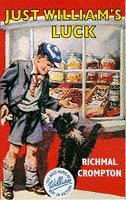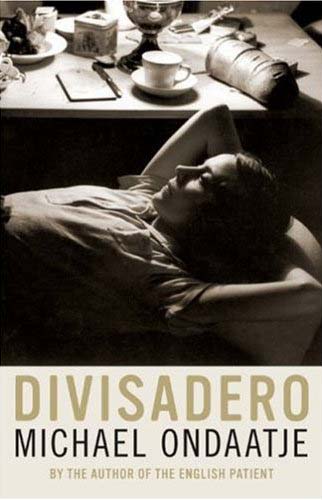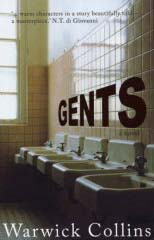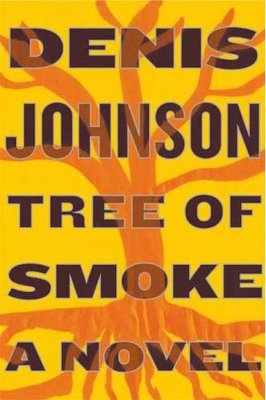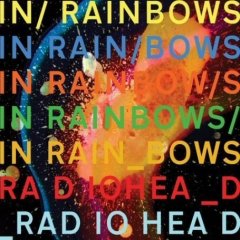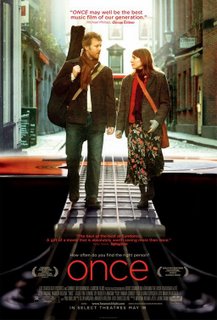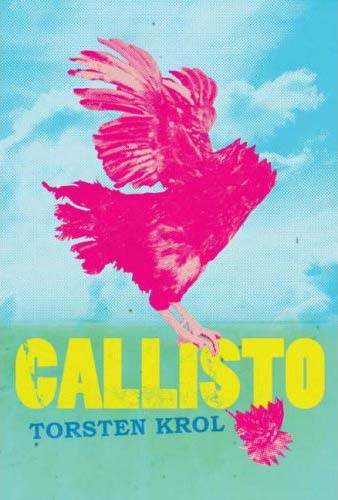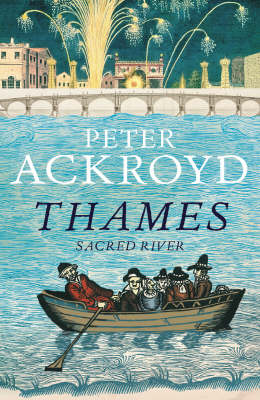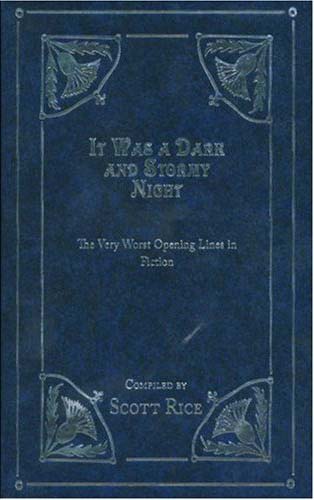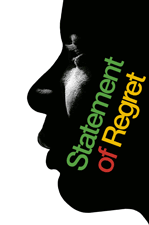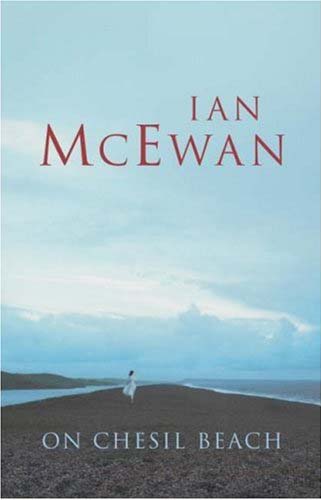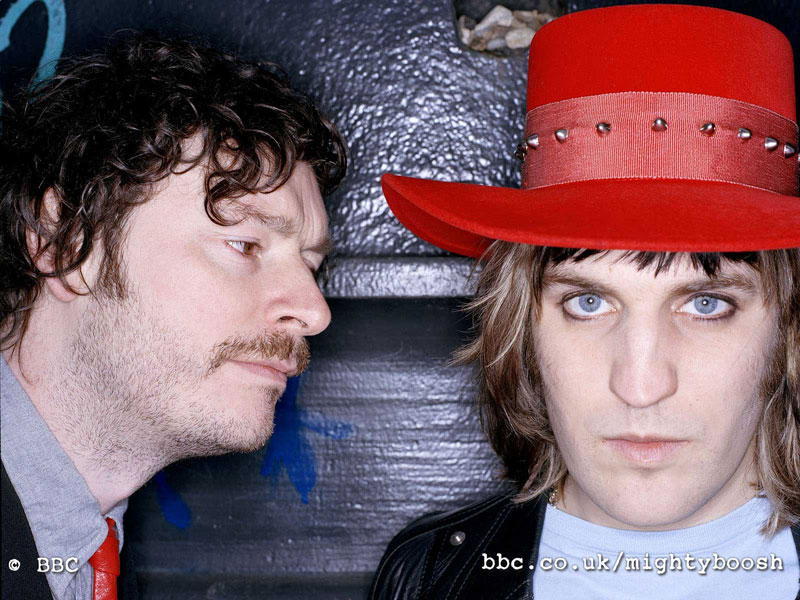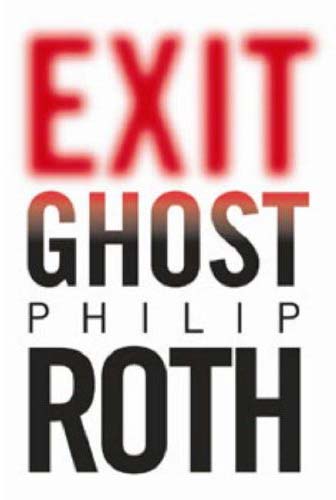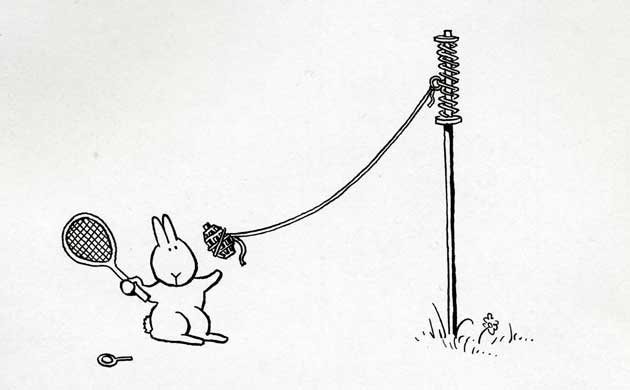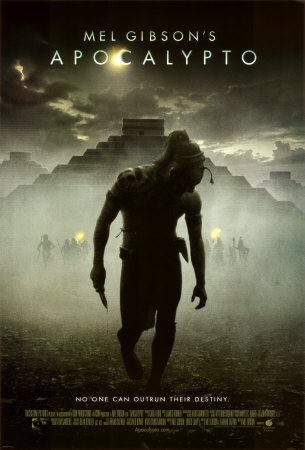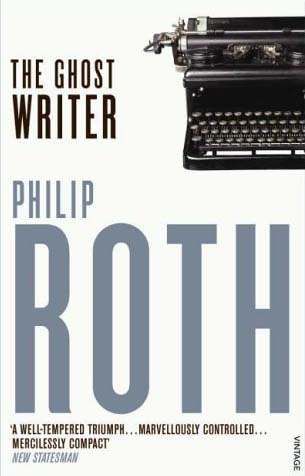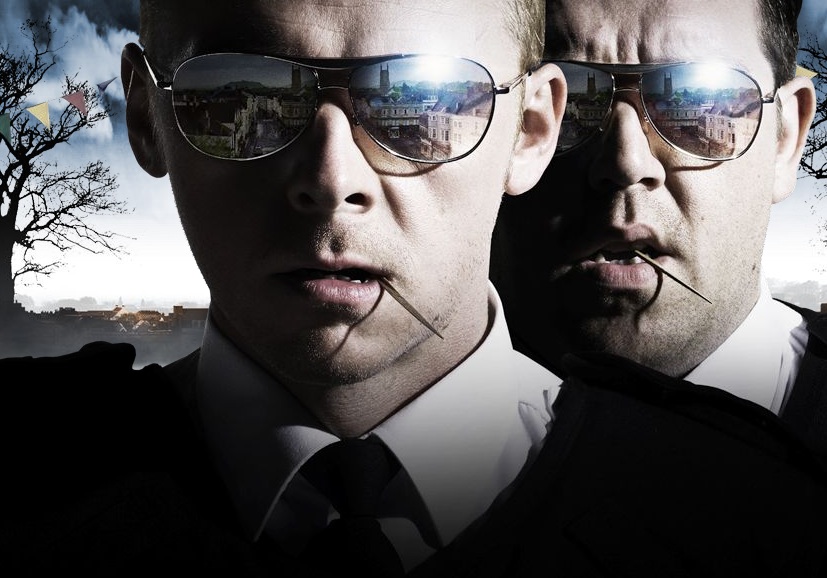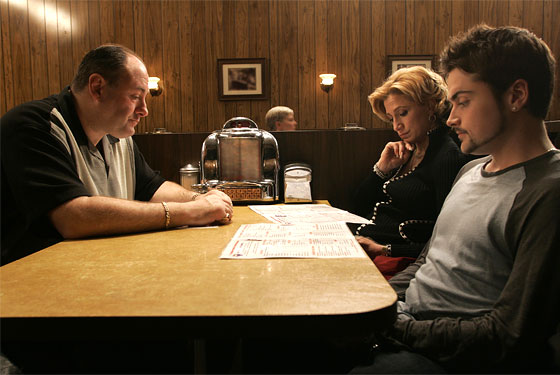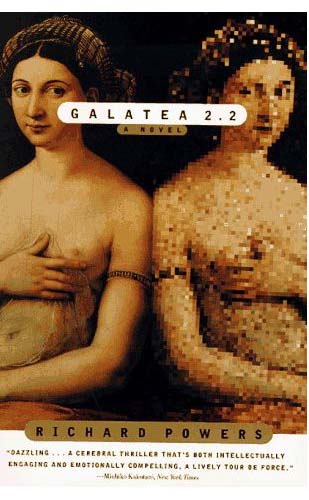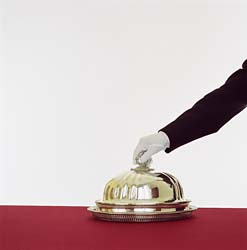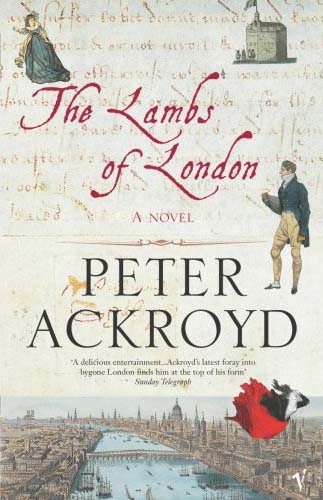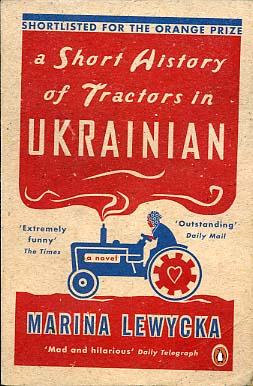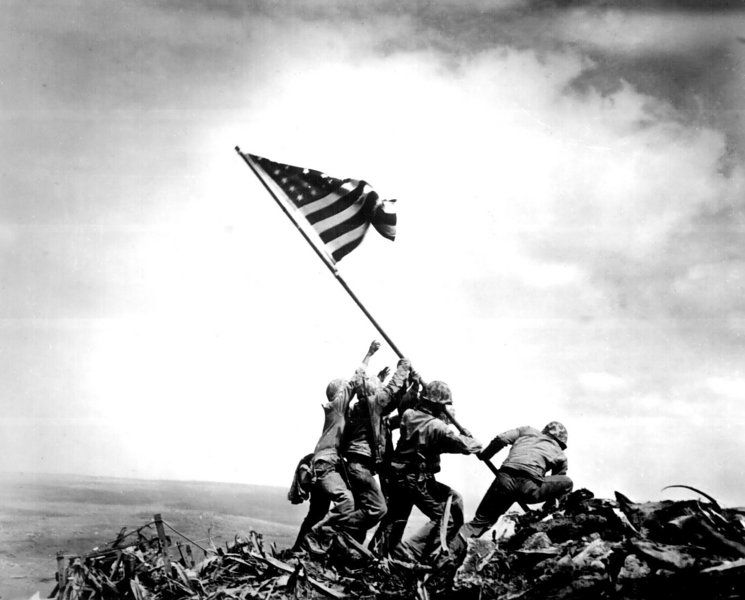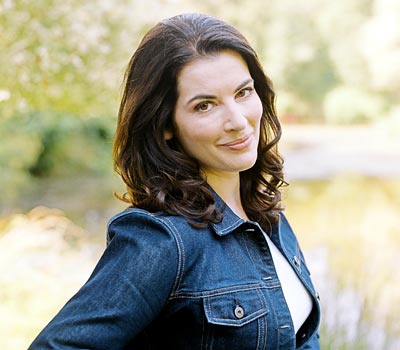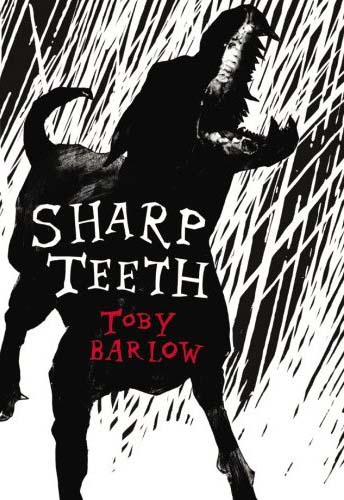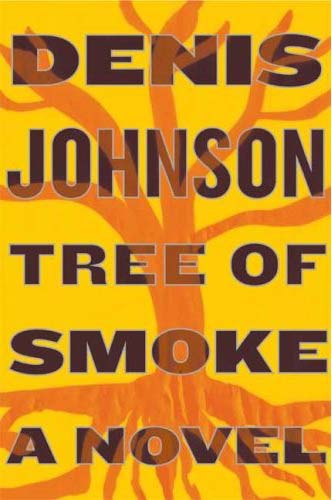
Tree of Smoke
by Denis Johnson
Were it not for the fact that this novel has just won the National Book Award in America I would describe Denis Johnson as a vastly underrated writer. In this country certainly you would be hard pressed to find many who have read much of his output which includes fiction, poetry, plays and journalism. The fact that he was unable to appear in person to collect the NBA as he was on assignment in Iraq should tell you something about this most unconventional of writers. I could write a lot (and probably will at some point) about Johnson's work in general but for now I will restrict myself to talking about this latest novel.
There is no need to use the word restrict because this vast novel (614 pages) contains huge themes, a cast list to rival any Shakespeare play and is no more or less than a War and Peace for the Vietnam era. I am not trying to make any grand claims for the book but it is almost impossible to read a novel this ambitious without seeing it in those terms. Coming 7 years after his last novel (the slim but equally fascinating The Name Of The World) and almost 35 years since the end of the Vietnam War, I was surprised to see such a tome, but there is nothing conventional about this book, it is a demanding read, it is flawed, but it is thrilling to see a writer of Johnson's talents tackling such an undertaking. Any attempt by me to summarise the plot or even just the characters will fail but here we go.
Beginning the day after the assassination of JFK, ('The dividing line between light and dark goes through the center of every heart. Every soul. There isn't one of us that isn't guilty of his death.') with a chapter for each year up until 1970 (with a coda in 1983) the plot revolves around William 'Skip' Sands, 'a young American man who alternately thought of himself as the Quiet American and the Ugly American, and who wished himself to be neither, who wanted instead to be the Wise American, or the Good American, but who eventually came to witness himself as the Real American and finally as simply the Fucking American.' A CIA operative he starts in the Philippines and works in Vietnam eventually with his uncle, 'the Colonel', a Kurtz-like figure working in Psy-Ops. The Tree of Smoke of the title is '(pillar of smoke, pillar of fire) the "guiding light" of a sincere goal for the function of intelligence- restoring intelligence gathering as the main function of intelligence operations, rather than to provide rationalizations for policy. Because if we don't, the next step is for career-minded power-mad cynical jaded bureaucrats to use intelligence to influence policy. The final step is to create fictions and serve them to our policy makers in order to control the direction of government' And for those British readers that may just remind you of a certain 'dodgy dossier'. For Americans we're into the realm of Rumsfeld's 'known unknowns'. The Colonel's eventual plan is to send false intelligence of a rogue American plot to bring the war to a swift conclusion with a pillar of smoke in the form of a mushroom cloud.
But this is a multi-layered book and the real plot is that of war and how it effects all those who are involved in it. We have the Houston brothers James and Bill (who is the 'hero' of Johnson's debut novel Angels) and their Mother back home. Both of these boys becoming men in conflict and for James in particular the realisation that after all he has been through, he may not be suited to the ordinary life. We have various shadowy characters from the world of intelligence, Sergeant Jimmy Storm, Rick Voss, Anders Pitchfork, Dietrich Fest, the names alone should be making you want to read this novel. All of them operating in a region beyond the normal controls; 'We're on the cutting edge of reality itself. Right where it turns into a dream'.
As the moral centre of the book we have Kathy Jones who, recently widowed, meets Skip in the Philippines and they become lovers. When apart she writes him letters, telling him that when he reaches Vietnam he will find it like purgatory; 'Five or ten times a day you'll stop and ask yourself, When did I die? And why has God's punishment been so cruel?'. We also have several Vietnamese characters; Nguyen Minh who flies helicopters for the Colonel, his uncle Nguyen Hao who forms a relationship with the Americans and his close friend Trung, who attempts to assassinate the Colonel at the start of the novel, and will eventually become a double agent for the Colonel and the man to carry the false intelligence.
The novel's title has a biblical origin and with other references throughout, this is a book marked by religion. But this is a world forsaken by God or at least ruled by different administrations, one perhaps where he only exists as the desperate imagining of those who live in it. Loyalty, a recurring theme, leads many to think of Judas and Christ. We have a priest who has given up on prayer, a mother at home for whom 'prayer was all she had. Prayer and Nescafe and Salems'. The correspondence between Kathy and Skip often struggling with faith. Vietnam itself is shown as a region of hell. A land and its people being destroyed by a nation trying to maintain faith.
What really stands out for me is the dialogue. It isn't there simply to forward plot but to brilliantly render character. From the idiomatic speech of the soldiers, the staccato phone conversations across continents, the vicious language of interrogation and conflict, Johnson's work recently as a playwright seems to have honed his already gifted ear for the speech of those at the margins, those living at the edge. He also has the ability to fill this violent novel with moments of real beauty and sadness.
Yes, it is flawed. Johnson's prose, if you haven't read him before, is not always easy, but why should it be, especially in a book like this? It is invigorating, as I said, to read a writer dealing with such big topics and doing so fearlessly. Where are the British writers dealing with our recent history, our national psyche and above all writing so bravely?
Read more...


